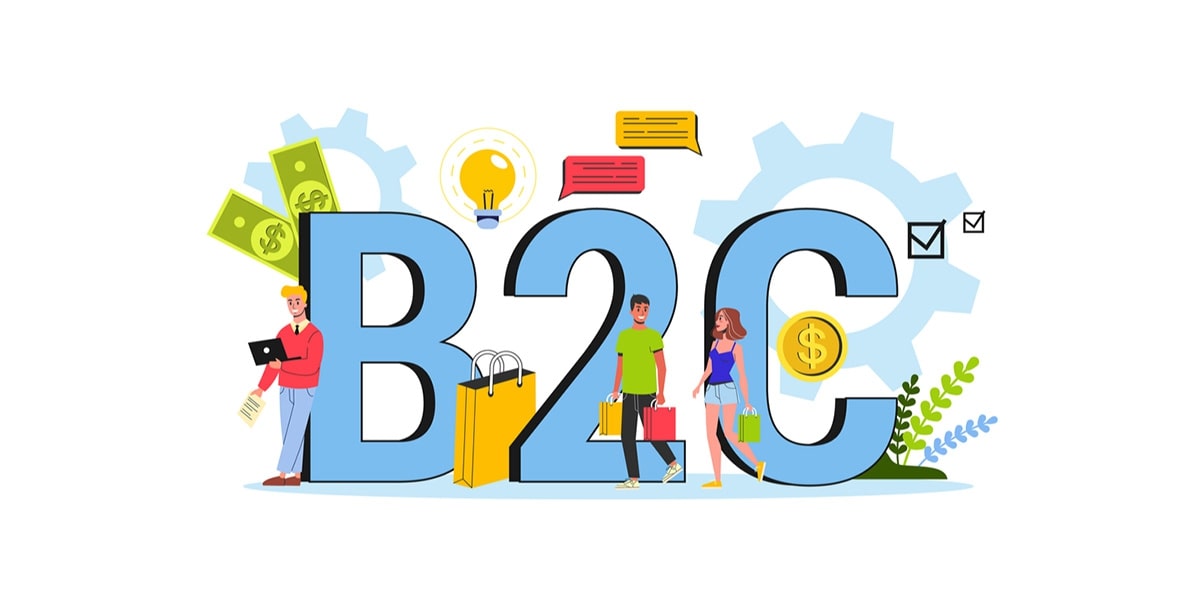Understanding Standard Service Terms of Business
Definition and Purpose
Standard Service Terms of Business (B2C) are contractual terms and conditions that govern the provision of services to individual consumers by a business entity. These terms establish the framework for the commercial relationship, clarifying the rights and responsibilities of both parties.
Key Components
The Standard Service Terms typically include clauses related to service description, pricing, payment terms, delivery or performance timelines, cancellation and refund policies, warranties or guarantees, liability limitations, dispute resolution mechanisms, and termination clauses.
Drafting Effective Standard Service Terms

Clarity and Transparency
Ensure that the terms are written in clear, concise language that is easily understood by consumers. Avoid legal jargon or overly complex terminology to enhance transparency and readability.
Compliance with Legal Requirements
Adhere to relevant consumer protection laws and regulations, such as the Consumer Rights Act 2015 and the Consumer Contracts (Information, Cancellation and Additional Charges) Regulations 2013. Ensure that the terms are fair, transparent, and enforceable.
Service Description and Pricing
Clearly define the nature of the services offered, including any specifications, features, or limitations. Specify the pricing structure, including any applicable taxes, fees, or surcharges.
Payment Terms
Outline the accepted payment methods, billing cycles, and due dates. Clearly state any penalties or late fees for overdue payments, as well as procedures for invoice disputes or billing inquiries.
Delivery or Performance Timelines
Provide estimated delivery or performance timelines, along with any factors that may affect the schedule. Communicate any delays or disruptions promptly and offer remedies or alternatives where possible.
Cancellation and Refund Policies
Detail the procedures and conditions for cancelling services or requesting refunds. Specify any applicable cancellation fees, cooling-off periods, or conditions for returning goods or terminating contracts.
Warranties and Guarantees
Disclose any warranties or guarantees offered on the services provided, including duration, coverage, and exclusions. Ensure that consumers are aware of their rights and remedies in case of product defects or service failures.
Dispute Resolution and Termination
Establish clear procedures for resolving disputes, including escalation paths and alternative dispute resolution mechanisms. Outline the conditions under which either party may terminate the agreement and the consequences of termination.
Conclusion
Crafting effective Standard Service Terms of Business (B2C) is essential for fostering trust, transparency, and compliance in consumer transactions. By adhering to legal requirements, communicating clearly, and prioritising consumer rights, businesses can build strong relationships with their customers while mitigating legal risks in the dynamic business landscape of England and Wales.
What are Standard Service Terms of Business (B2C)?
Standard Service Terms of Business (B2C) are contractual agreements that outline the terms, conditions, and expectations between a business providing services and individual consumers.
Why are Standard Service Terms of Business important for B2C transactions?
Standard Service Terms of Business provide clarity and transparency in B2C transactions, ensuring that both parties understand their rights, obligations, and recourse options in case of disputes.
What should be included in Standard Service Terms of Business for B2C transactions?
Standard Service Terms of Business typically include clauses related to service description, pricing, payment terms, delivery timelines, cancellation policies, warranties, liability limitations, dispute resolution mechanisms, and termination conditions.
Are there any legal requirements for Standard Service Terms of Business in B2C transactions?
Yes, Standard Service Terms of Business must comply with consumer protection laws and regulations, such as the Consumer Rights Act 2015 and the Consumer Contracts (Information, Cancellation and Additional Charges) Regulations 2013, to ensure fairness and transparency.
Can businesses customise their Standard Service Terms of Business for B2C transactions?
Yes, businesses can customise their Standard Service Terms of Business to reflect their specific industry, services offered, and customer needs, provided that they comply with legal requirements.
What should consumers look for in Standard Service Terms of Business before engaging with a business?
Consumers should review Standard Service Terms of Business to understand service descriptions, pricing, payment terms, cancellation policies, warranties, and dispute resolution procedures to make informed decisions.
Can businesses change their Standard Service Terms of Business after they have been agreed upon with consumers?
Any changes to Standard Service Terms of Business after agreement with consumers may require notification and consent from consumers, depending on legal requirements and the terms of the original agreement.
What happens if a business breaches its Standard Service Terms of Business in B2C transactions?
If a business breaches its Standard Service Terms of Business, consumers may have legal recourse, including the right to seek compensation, refunds, or remedies through dispute resolution mechanisms or legal action.
How can businesses ensure that their Standard Service Terms of Business are enforceable?
To ensure enforceability, businesses should draft Standard Service Terms of Business clearly, without ambiguity, and in compliance with relevant laws and regulations, with input from legal professionals if necessary.
Are there any resources or templates available to help businesses draft Standard Service Terms of Business for B2C transactions?
Yes, businesses can find templates, guidelines, and legal resources from reputable sources, such as government websites, industry associations, or legal advisors, to assist in drafting Standard Service Terms of Business tailored to their needs.
- Press Release – Product Update Announcement - July 19, 2024
- Press Release – New Service Announcement - July 19, 2024
- Press Release – Company Contract Award - July 18, 2024









